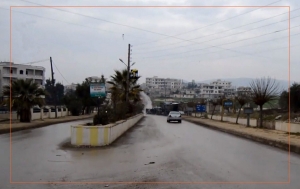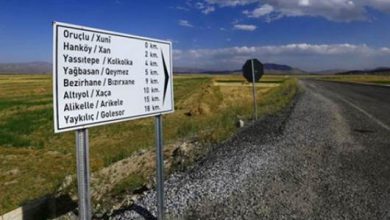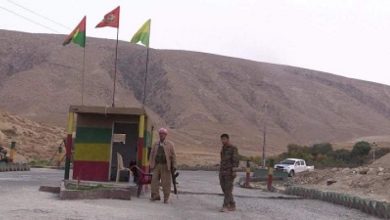The description of Ocalan’s intellectual life, like many characters like him, is a mixture of myth and reality.
Ocalan’s writings are 100 volumes in narration and 500 volumes in narration. The same goes for the books he read while in prison. It has been said that he has read 3500 books during these years in prison, and this means about 5 books every week! The works of many thinkers are among his readings. He himself mentions these people in his works: Bookchin, Wallerstein, Braudel, Nietzsche, Foucault, Gunder Frank, Gordon Child, Giddens, Huntington, and Brzezinski.
But among all of these, perhaps the most traces of Murray Bookchin’s ideas can be found in the writings of Ocalan prison. Bookchin, the founder of the idea of ecology or the movement known as eco-anarchism, despite his Stalinist background, was drawn to Trotskyism from the 1940s and became a staunch critic of Stalinism. According to Bookchin’s wife, when Ocalan was arrested in Kenya in 1999 and Bookchin heard about him, he considered him another Marxist-Leninist leader who had fallen into the trap of Stalinism. Bookchin was a critic of such people for decades and believed that they abuse people’s desire to achieve freedom and push them towards dogmatism and statism and even, contrary to their appearance, to accept capitalism. Bookchin maintained his revolutionary spirit after World War II, when many leftist revolutionary thoughts subsided and many leftist activists turned to academic and journalistic activities. He intended to follow the advice of Trotsky, who before he was assassinated in 1940, said that if the end of the Second World War does not end with the labor revolution in Europe and America, it is necessary to revise the doctrine of Marxism. He did the same in a circle of his friends. In the 1950s, they tried to rebuild the revolution project in new conditions during weekly meetings. It was in this circle that the acceptance of the proletariat cannot be the factor that destroys capitalism, and therefore there must be another factor to make the collapse of the capitalist system possible by its own hands. Bookchin identified this factor as the conflict between the capitalist system and the environment; That this system destroys both nature and human health. In this system, with the creation of megacities cut off from nature, the excessive production and consumption of uncharacteristic goods that put too much pressure on nature, and the pressure that comes on people to live in these megacities and adapt to this consumption system, nature and the human soul and body will be destroyed. Therefore, the crisis of capitalism is not caused by the exploitation of the working class, but by the dehumanization of people and the destruction of nature. Accordingly, from the 1950s until his death in 2006, Bookchin tried to understand the foundations of democratic ecology. It was Bookchin’s ideas that Ocalan used for the foundation of KCK.
In 2002, he started reading Bookchin’s books and was particularly influenced by the ecology of freedom and urbanization without cities. Through his lawyers, he recommended reading “Urbanization Without Cities” to all mayors in Turkish Kurdistan and “Ecology of Freedom” to all fighters. In the spring of 2004, he sent a message to Bookchin that he considered himself his student and was eager to apply his ideas to the societies of the Middle East. With a more detailed review of Bookchin’s ideas, it is possible to understand the extent of Ocalan’s influence from him.






